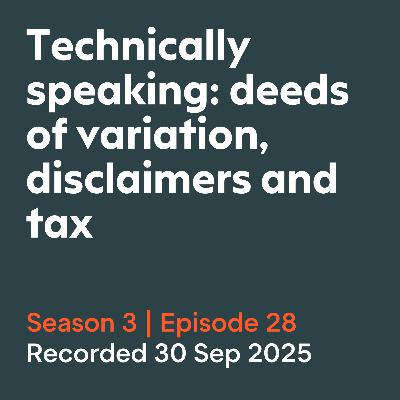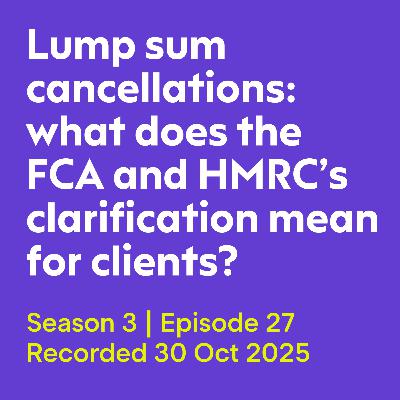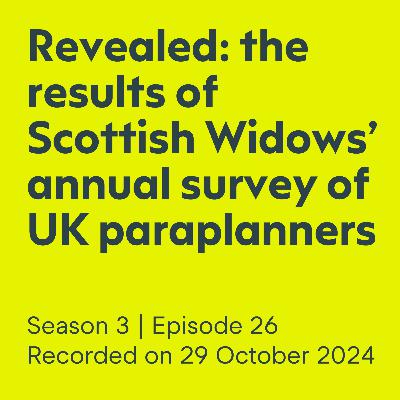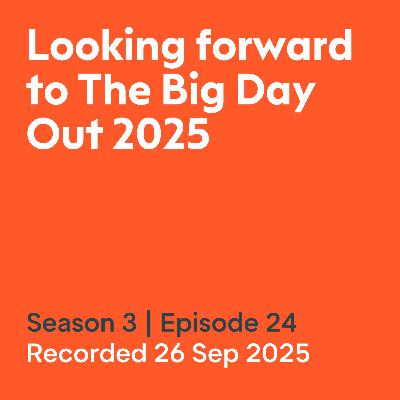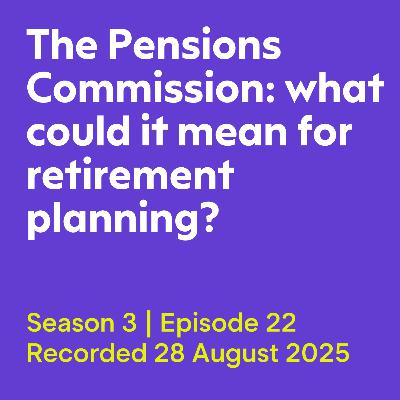Technically speaking: deeds of variation, disclaimers and tax
Description
When a client dies, their will isn’t necessarily the final word on how their estate gets distributed. Deeds of variation and disclaimers give beneficiaries a valuable window – two years from death – to reshape inheritances in ways that can reduce tax bills and improve family outcomes – often both.
In the latest episode in our ‘Technically speaking’ series, we invited Steve Sayer from Utmost to join host Richard Allum, to cast his expert gaze on the post-death planning issues that paraplanners need to consider.
During the hour-long session, Steve explains:
- how deeds of variation work;
- the conditions needed for them to be effective for IHT and CGT purposes;
- practical situations where they make sense;
- related settlements;
- ‘reading back’ provisions; and
- CGT planning opportunities that variations can create.
What’s more, the session also explores disclaimers – the simpler but more restrictive alternative to variations. Steve clarifies:
- the ‘all or nothing’ rule;
- when disclaimers work best; and
- how they differ from deeds of variation in practice.
Throughout the episode, Steve offers examples to help illustrate concepts such as periodic charges and ten-year anniversaries.
If you’re working on suitability reports that cover post-death planning options, are supporting a client following a death, or would just like to give your technical knowledge a boost, this is the ideal ‘Technically speaking’ episode for you.
Useful links
CPD: Take the quiz to receive your certificate
Slides: Deeds of variation and disclaimers
Utmost Technical Academy webinar series
Utmost x Paraplanners' Assembly: all our previous sessions
Hosted on Acast. See acast.com/privacy for more information.

